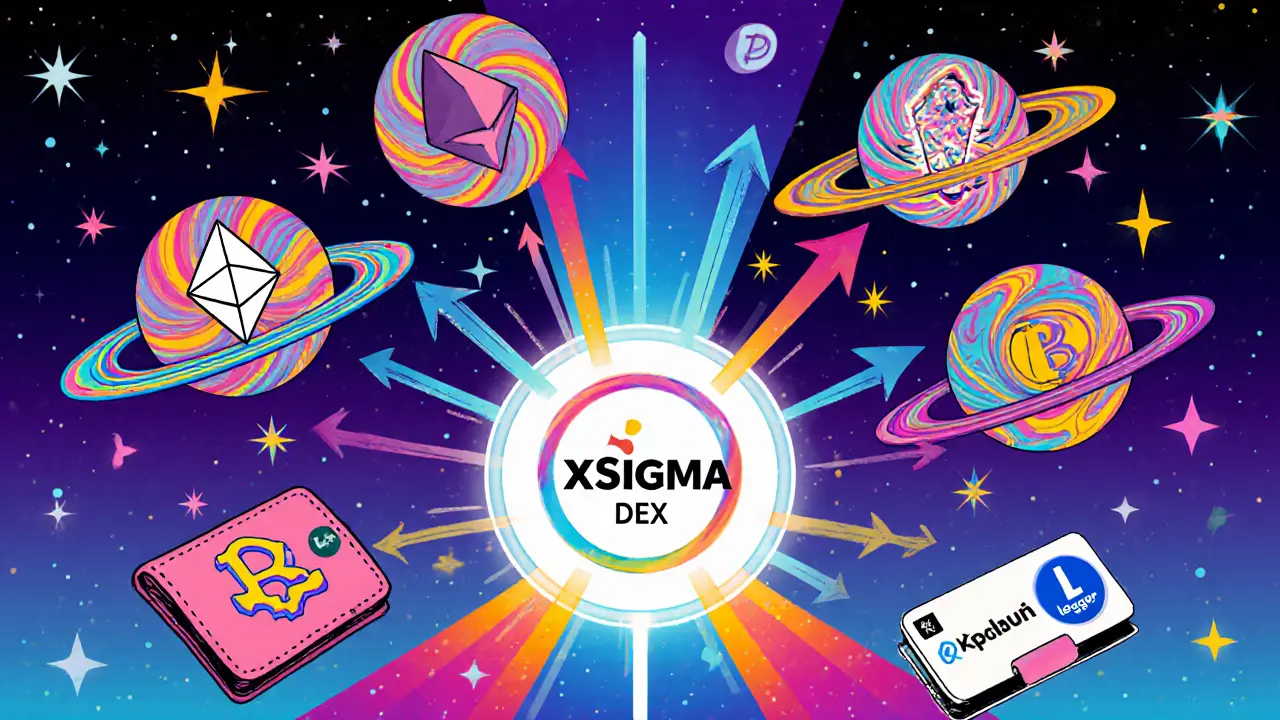Crypto Exchange Comparison: Fees, Liquidity, and Security
When working with crypto exchange comparison, the practice of measuring how different platforms charge, execute trades, and protect user assets. Also known as exchange benchmarking, it helps you spot hidden costs and find the best venue for your style. In this space, three core elements steer the decision‑making process. The first is exchange fees, the transaction, withdrawal and maker‑taker charges that directly affect your net profit. Next comes liquidity, the ability of an order book to absorb large trades without slippage. Finally, security, the suite of protocols, audits and insurance that keep funds safe from hacks or fraud. Together they form the backbone of any thorough review. Crypto exchange comparison encompasses fee analysis, liquidity assessment, and security review, while also requiring awareness of regulatory shifts that can reshape platform offerings.
Why these pillars matter for every trader
Fee structures differ wildly; a maker‑taker model on one exchange may cost half of what a flat‑rate platform charges on the same trade. Knowing the exact numbers lets you calculate break‑even points and avoid surprise losses. Liquidity, on the other hand, determines how quickly you can enter or exit a position. High‑volume pairs on a deep order book give you tighter spreads, which is crucial for scalpers and high‑frequency traders. Security isn’t just about cold storage – it includes two‑factor authentication, withdrawal whitelists, and compliance with KYC/AML standards. Exchanges that ignore these safeguards expose users to higher breach risk. Regulation also influences the other three pillars; stricter oversight often forces platforms to tighten fee disclosures and fortify security, which in turn can boost confidence and attract more liquidity.
Below you’ll find a curated collection of articles that dig into each of these topics. From detailed reviews of obscure exchanges to guides on fee‑saving strategies and security checklists, the posts cover real‑world examples and actionable tips. Use them to build your own comparison framework, spot red flags, and choose the platform that aligns with your trading goals.
xSigma DEX Review: Stablecoin Exchange Performance, Fees & Future Roadmap
A detailed xSigma DEX review covering its stablecoin‑only model, slippage, fees, $SIGMA tokenomics, pros/cons, and future roadmap for traders and investors.
Paro Exchange Review: Crypto Exchange Features, Fees & Alternatives
A candid review of Paro Exchange covering its limited features, fee structure, asset selection, user experience, and how it stacks up against major crypto exchanges.

